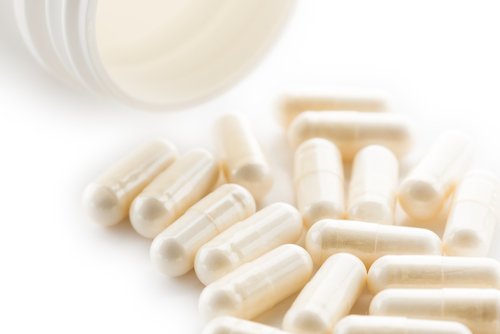mostlylurking
Member
I spent years with leaky gut and all that goes with that. I got well (finally) when I got my hypothyroidism properly addressed which included optimizing my thyroid medication (natural desiccated thyroid, 150mg) and cleaning up my diet per the guidance of Dr. Ray Peat. For a time frame, I got on some genuine viable natural desiccated thyroid March of 2015, the medication was increased over a period of 9 months with the help of my endocrinologist who did thyroid blood tests on me about every 6 weeks; he slowly stair-stepped my medication up to the dose that I needed. My gut issues resolved themselves during that time.Thank you for sharing! I am not keen on antibiotics but I feel at a loss. I’ve been having horrible gut issues for over 3 years now. Healed my erosive gastritis. I’m definitely hypothyroid and am still healing from all the crazy diets of keto and fasting. So stressful! So I’m sure it will take time I just feel stuck. I get nauseous often and have skin rash, gut cramping and constipation. Glad you shared your experience through! It’s appreciated
If you are hypothyroid your body cannot repair itself. If you address the hypothyroidism correctly your body will heal, including your gut.
I do not take probiotics, I think all that is a bunch of hokum. My goal is to knock the bacteria back daily using well cooked mushrooms (used to use carrot salad, switched to mushrooms last fall at the suggestion of Dr. Peat).
The mushrooms (and the raw carrot) contain a mild antibiotic; they help to remove the opportunistic virulent bacteria that moved in to live on the gut lining. This opens up the area for less virulent strains of bacteria to move in. Apparently, the worst, most virulent bacteria recovers first when everything has been wiped out by pharmaceutical antibiotics and then they proliferate first, taking up the most delicate real estate. It's helpful to knock them back with some raw carrot or some cooked mushrooms DAILY. Then the bacterial mix has a better chance to normalize. Nuking the gut with antibiotics can set you up for a more difficult situation.
Lactic acid and lacto-bacillus are not good for you. That's my story and I'm sticking to it. Lactic acid begets more lactic acid, then suddenly you've got an inflammation problem from the lactic acid build up in your body.
I got into serious trouble last fall from the antibiotics for the bladder infection. My gut was damaged. I couldn't absorb micro nutrients like thiamine and magnesium. You need thiamine and magnesium to heal the gut. So I increased the amount of these two things. And I ate a LOT of cooked mushrooms. I have finally pretty much recovered; it's taken 3 months of concerted effort.
I hope you find this helpful.


